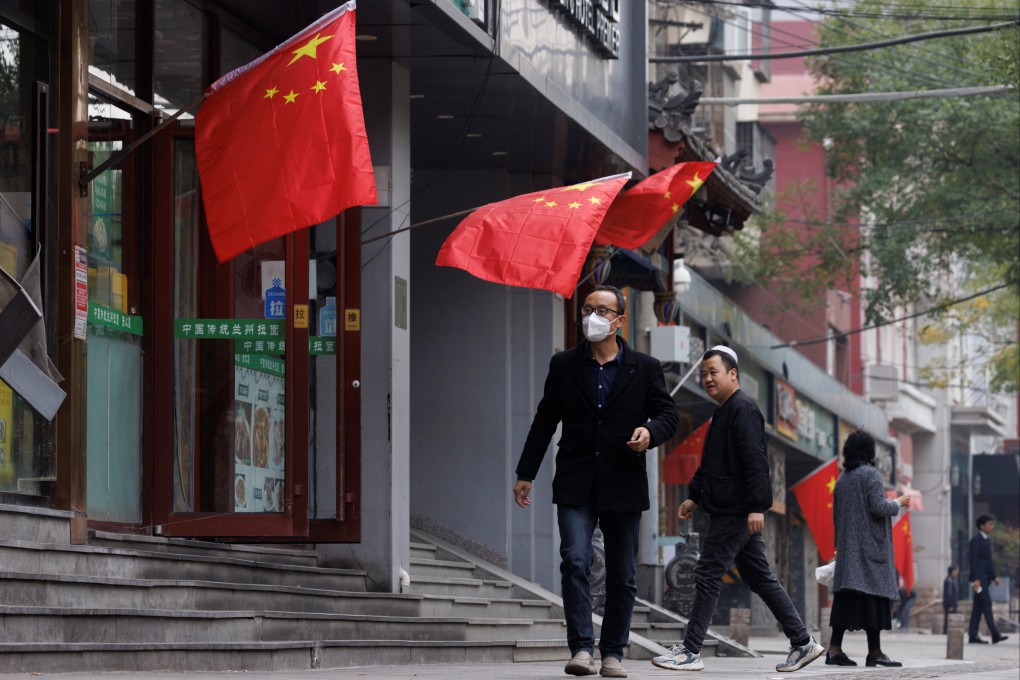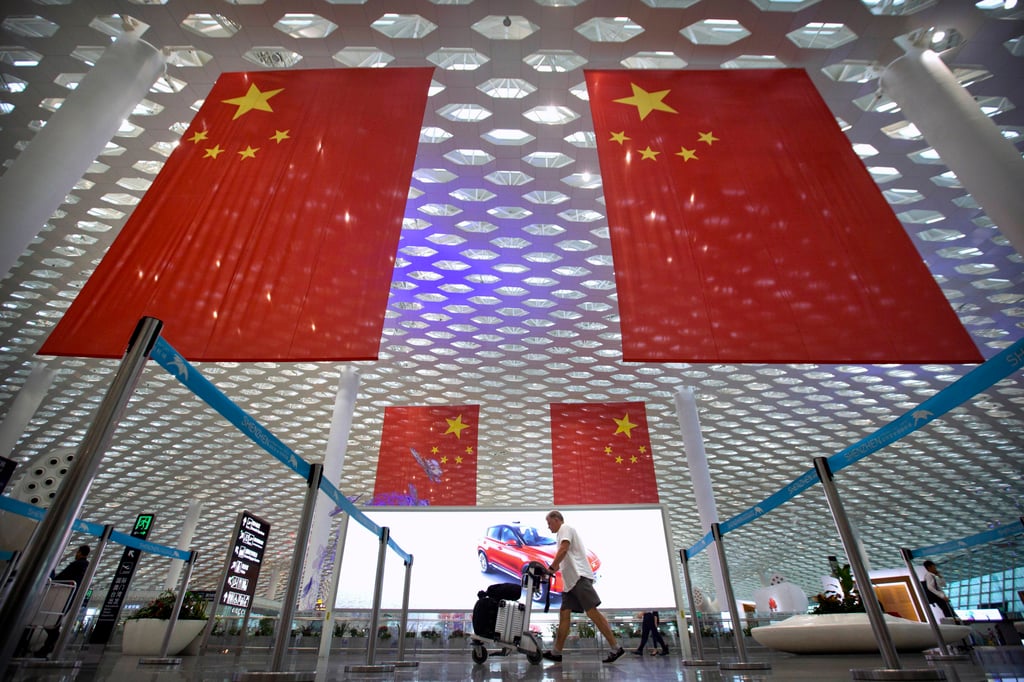China to tighten its state secrets law in biggest revision in a decade
- A dozen new clauses have been added to Law on Guarding State Secrets under draft revision
- It has raised concern among foreign business community and investors, with calls for clarity

A dozen new clauses have been added to the Law on Guarding State Secrets in the revision, the details of which were made public on Wednesday.
The revision – the first in a decade – expands the depth and reach of the law’s coverage, ranging from education, technology and internet use to military facilities. The sweeping changes come as Beijing is locked in an intelligence war with the US and its allies and reflects that national security remains a top policy priority for the leadership.

There have been calls for more clarity – including on what constitutes a state secret.
“Clarity on relevant terms … is essential for businesses to know where China’s red lines are – this should be a consideration when revising laws related to national security,” the European Union Chamber of Commerce in China said on Thursday.
He Zhiwei, a criminal lawyer in Beijing, also said there was not enough information on how a state secret was defined. “It might lead to the situation where a scenario is branded a ‘state secret’ by a random government entity, violating people’s rights,” he said.